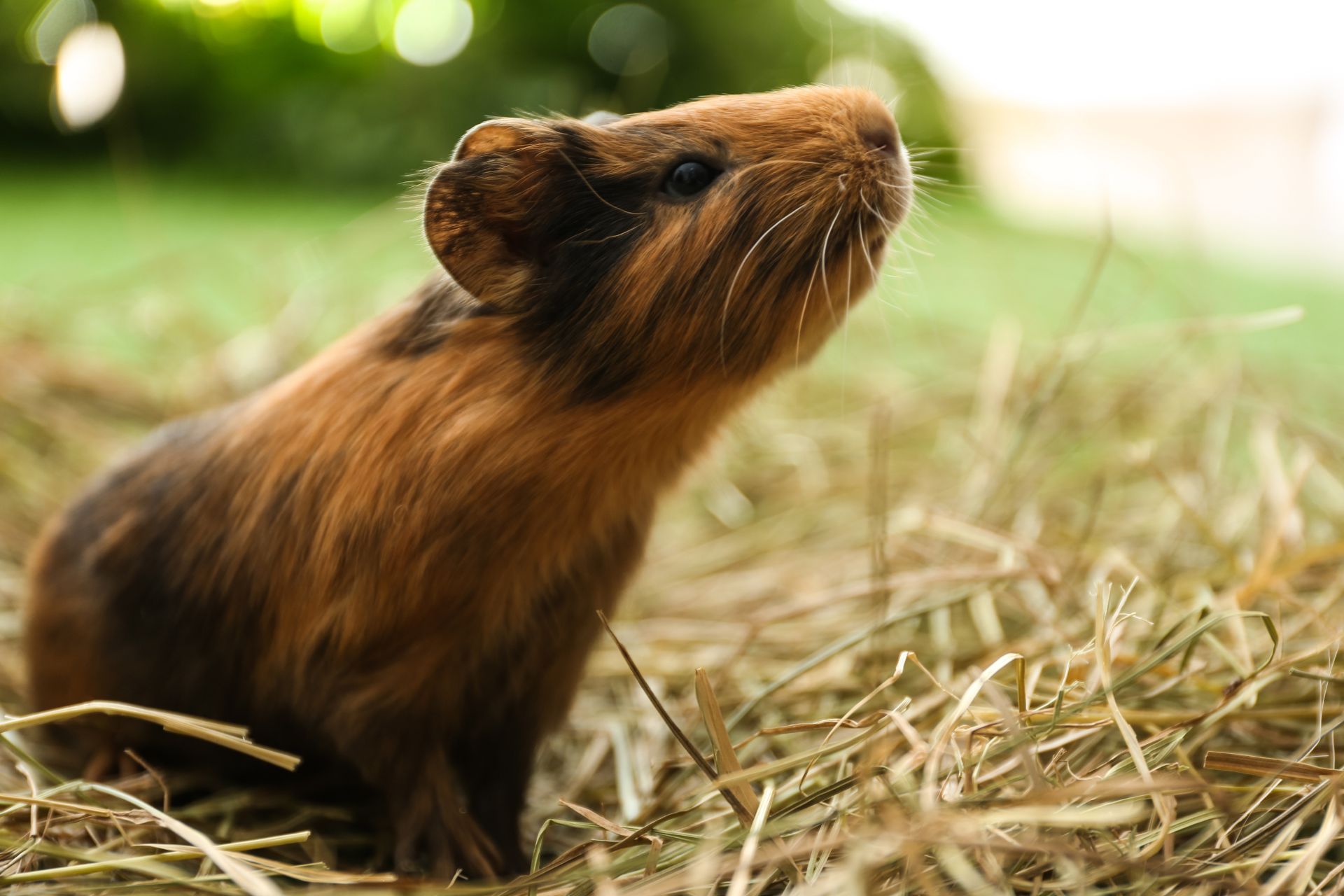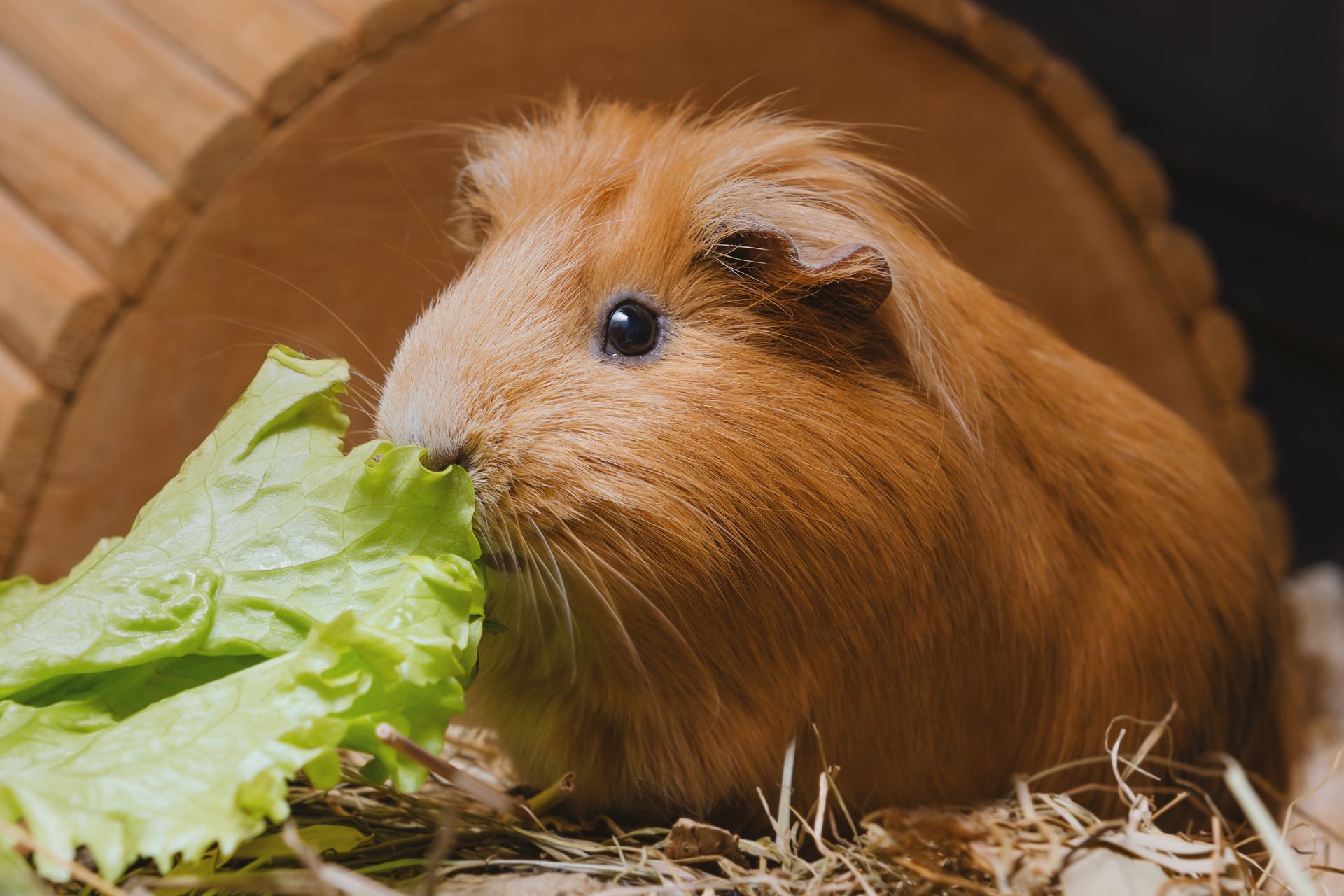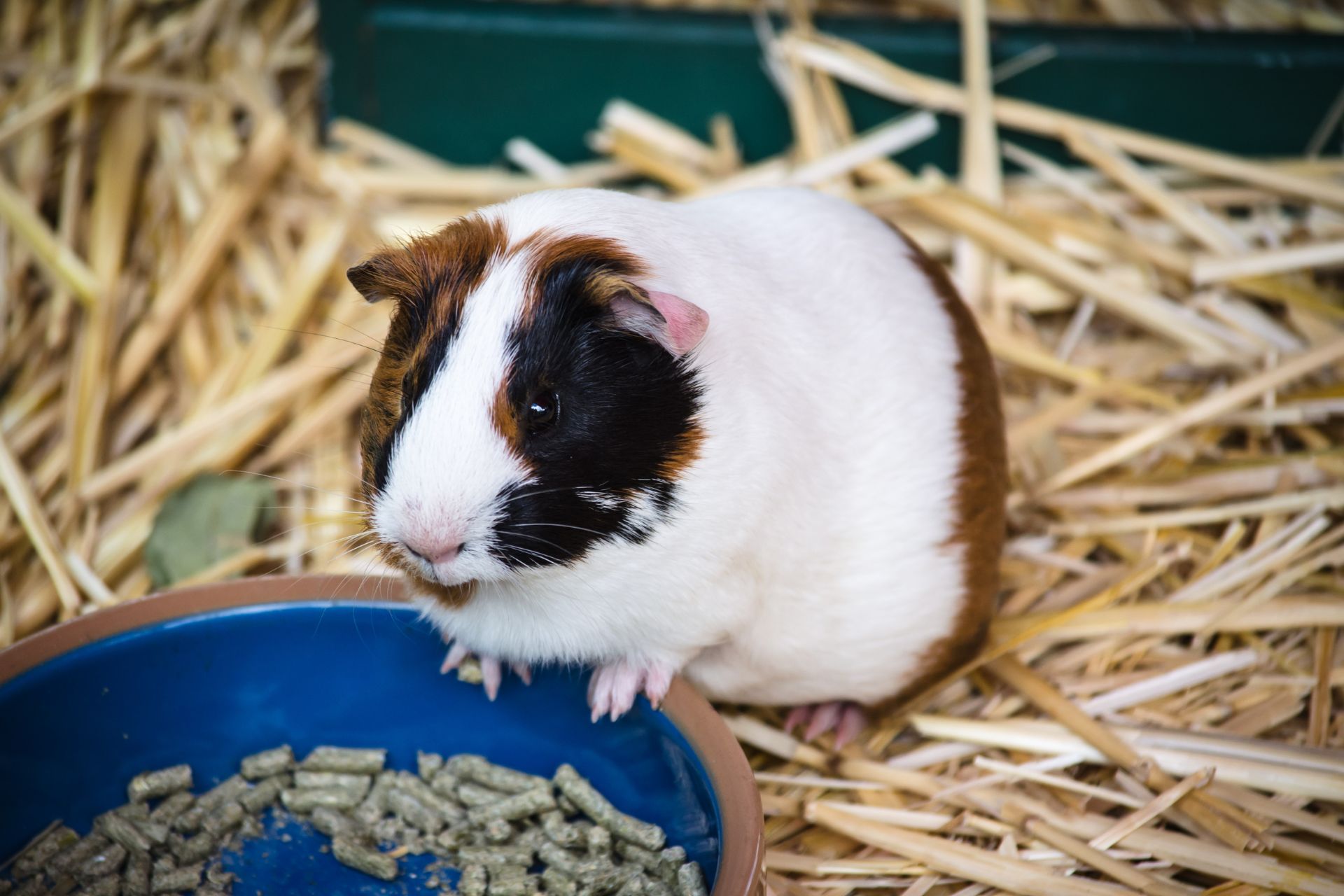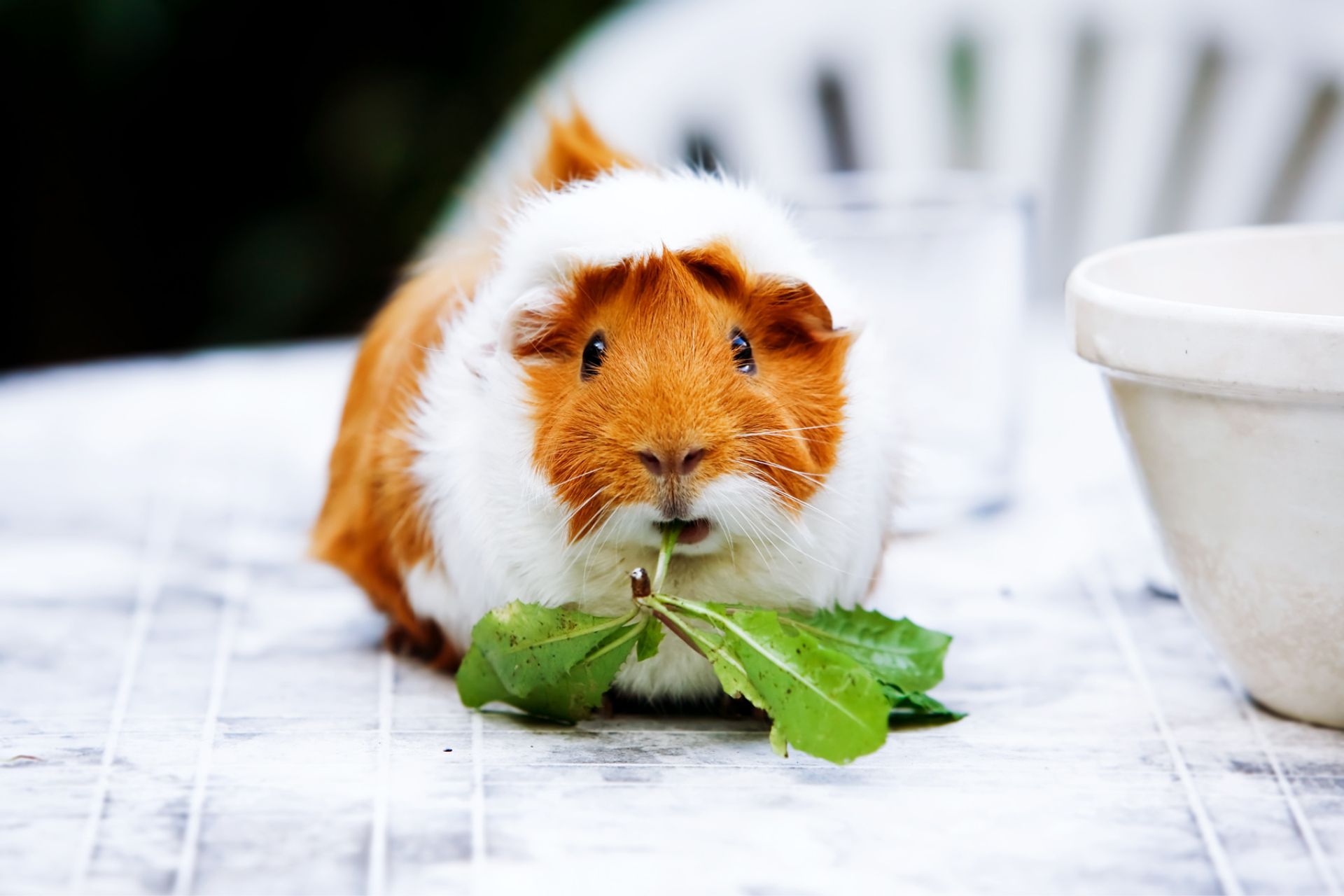Choosing the best hay for guinea pig food is essential for their health and well-being. Timothy hay is generally the preferred choice due to its optimal fiber content, but other varieties like orchard grass or meadow hay can offer variety and taste preferences. Remember to store hay properly, introduce it gradually, and provide a constant supply for your guinea pig’s grazing needs. By prioritizing hay in their diet, you are ensuring their digestive health, dental care, and overall happiness.
Contents
- 1. Introduction
- 2. Understanding Guinea Pig Dietary Needs
- 3. The Importance of Hay in a Guinea Pig’s Diet
- 4. Types of Hay for Guinea Pig Food
- 5. Choosing the Best Hay for Your Guinea Pig
- 6. Factors to Consider When Buying Hay
- 7. Proper Hay Storage and Freshness
- 8. How to Introduce Hay to Your Guinea Pig
- 9. Benefits of a Hay-Rich Diet for Guinea Pigs
- 10. Common Mistakes to Avoid
- 11. Conclusion
- 12. FAQs
1. Introduction
Guinea pigs make delightful and adorable pets, but caring for their health is of utmost importance. When it comes to their diet, hay plays a crucial role in meeting their nutritional needs. In this article, we will explore the various types of hay available for guinea pig food, with a focus on the best options to ensure their well-being.
Introducing a balanced and nutritious diet is essential for the overall health and longevity of your guinea pig. While they enjoy a variety of fresh fruits, vegetables, and pellets, hay is a fundamental component of their daily nutritional requirements. Hay not only provides essential fiber but also aids in digestion, dental health, and mental stimulation.
2. Understanding Guinea Pig Dietary Needs
Before we delve into the best hay options for guinea pig food, it’s crucial to understand their dietary needs. Guinea pigs are herbivores, and their digestive systems have evolved to process high-fiber diets. They require a constant supply of roughage to maintain a healthy gut, prevent digestive issues, and keep their teeth in check.
3. The Importance of Hay in a Guinea Pig’s Diet
Hay is a staple food for guinea pigs due to its numerous benefits. It contains high levels of fiber, which promotes healthy digestion and prevents conditions like gastrointestinal stasis. Additionally, the act of chewing hay aids in wearing down their continuously growing teeth, preventing dental problems that can be painful and lead to other health issues.
4. Types of Hay for Guinea Pig Food
There are several types of hay available, but not all are suitable for guinea pigs. Let’s explore the most common varieties:
Timothy Hay: The Ideal Choice
Timothy hay is widely considered the best hay for guinea pigs. It has the ideal balance of fiber, nutrients, and low calcium content, making it suitable for guinea pigs of all ages. Timothy hay promotes dental health, aids in digestion, and helps prevent obesity and urinary tract problems.
Alfalfa Hay: A Nutritious Alternative
Alfalfa hay is rich in calcium and protein, making it an excellent choice for young, pregnant, or nursing guinea pigs. However, due to its high calcium content, it is not recommended for adult guinea pigs as a staple hay.
Orchard Grass Hay: A Tasty Option
Orchard grass hay is a flavorful alternative that many guinea pigs enjoy. It is slightly lower in fiber compared to Timothy hay but still provides essential nutrients. Guinea pigs with sensitive digestive systems may find orchard grass hay easier to tolerate.
Meadow Hay: A Versatile Hay for Guinea Pigs
Meadow hay is a mix of different grass varieties, including Timothy, orchard grass, and other meadow grasses. It offers a diverse blend of flavors and textures, providing enrichment for your guinea pig’s palate.
5. Choosing the Best Hay for Your Guinea Pig
When selecting the best hay for your guinea pig, there are a few factors to consider:
- Quality: Choose hay that is fresh, green, and free from mold or dust.
- Fiber Content: Opt for hay with high fiber content to support your guinea pig’s digestive health.
- Nutritional Balance: Ensure the hay provides the right balance of nutrients for your guinea pig’s age and specific dietary requirements.
- Allergies or Sensitivities: If your guinea pig has known allergies or sensitivities, consult with a veterinarian to determine the best hay option.
6. Factors to Consider When Buying Hay
When purchasing hay for your guinea pig, keep the following factors in mind:
- Source: Look for hay from reputable suppliers who prioritize quality and freshness.
- Packaging: Choose hay that is well-packaged to preserve its freshness and prevent moisture or mold.
- Smell and Appearance: Fresh hay should have a pleasant aroma and vibrant color.
- Texture: The hay should be dry, crisp, and not excessively dusty.
7. Proper Hay Storage and Freshness
To maintain the quality and freshness of hay, follow these storage guidelines:
- Store hay in a cool, dry place away from direct sunlight.
- Use airtight containers or sealed bags to prevent moisture and pests.
- Check for mold, discoloration, or foul odor before feeding hay to your guinea pig.
8. How to Introduce Hay to Your Guinea Pig
Introducing hay to your guinea pig’s diet should be a gradual process:
- Begin by offering small amounts of hay alongside their regular food.
- Increase the hay quantity gradually, monitoring their acceptance and digestive health.
- Ensure a constant supply of fresh hay to encourage foraging and grazing behavior.
9. Benefits of a Hay-Rich Diet for Guinea Pigs
A hay-rich diet offers numerous benefits to your guinea pig’s health and well-being:
- Promotes healthy digestion and prevents gastrointestinal issues.
- Supports dental health by wearing down teeth and preventing overgrowth.
- Provides mental stimulation through foraging and chewing.
- Helps maintain a healthy weight and prevents obesity.
- Reduces the risk of urinary tract problems.
10. Common Mistakes to Avoid
To ensure your guinea pig receives the best nutrition from hay, avoid these common mistakes:
- Offering low-quality or dusty hay that may harm their respiratory system.
- Overfeeding hay and neglecting the variety of other essential foods.
- Using hay that is past its expiration date or stored improperly.
- Ignoring your guinea pig’s preferences for certain hay types or textures.
11. Conclusion
In conclusion, providing the best hay for your guinea pig’s food is vital for their overall health and well-being. Timothy hay is widely recommended as it offers the ideal balance of fiber and nutrients. However, consider your guinea pig’s specific needs and preferences when selecting hay. Remember to store hay properly and introduce it gradually into their diet. A hay-rich diet will promote healthy digestion, dental health, and mental stimulation for your furry friend.
12. FAQs
1. How much hay should I feed my guinea pig? Aim to provide unlimited hay, ensuring a constant supply throughout the day. Guinea pigs have a natural grazing behavior and should have access to hay at all times.
2. Can I mix different types of hay for my guinea pig? Yes, mixing different hays can add variety to their diet. However, ensure that the hay you offer is suitable for guinea pigs and does not contain any harmful or toxic plants.
3. Can I give my guinea pig hay substitutes? While hay is the best option for guinea pig food, you can provide some substitutes in small amounts. Dried herbs like parsley, dandelion, or chamomile can offer variety, but they should not replace hay as the main source of fiber.
4. Can guinea pigs eat hay cubes or pellets instead? Hay cubes or pellets can supplement your guinea pig’s diet, but they should not replace loose hay. The long strands of loose hay promote chewing and dental wear, which is essential for their oral health.
5. How often should I change the hay in my guinea pig’s enclosure? It is recommended to change the hay daily to ensure freshness and prevent the accumulation of urine or feces. This helps maintain a clean and hygienic living environment for your guinea pig.
6. Can guinea pigs eat moldy hay? No, moldy hay should never be fed to guinea pigs. Mold can be toxic and cause respiratory issues or other health problems. Always discard any hay that shows signs of mold, discoloration, or a musty smell.
7. Can guinea pigs eat grass instead of hay? Grass can be offered as a treat, but it should not replace hay in their regular diet. Hay is dried grass that provides consistent fiber content and can be stored for longer periods, ensuring a constant supply.
8. Are there any hay alternatives for guinea pigs with allergies? If your guinea pig has allergies to certain types of hay, consult with a veterinarian to explore safe alternatives. They may recommend specific grasses or hays that are better tolerated by your pet.
9. Can guinea pigs eat straw instead of hay? Straw is not a suitable alternative for hay. It lacks the necessary nutritional content and can cause digestive issues. Stick to providing high-quality hay for your guinea pig’s health.
10. How can I encourage my guinea pig to eat more hay? You can make hay more enticing by providing fresh, fragrant hay and offering it in different ways, such as using hay racks, toys, or hiding treats within the hay to stimulate their foraging instincts.











